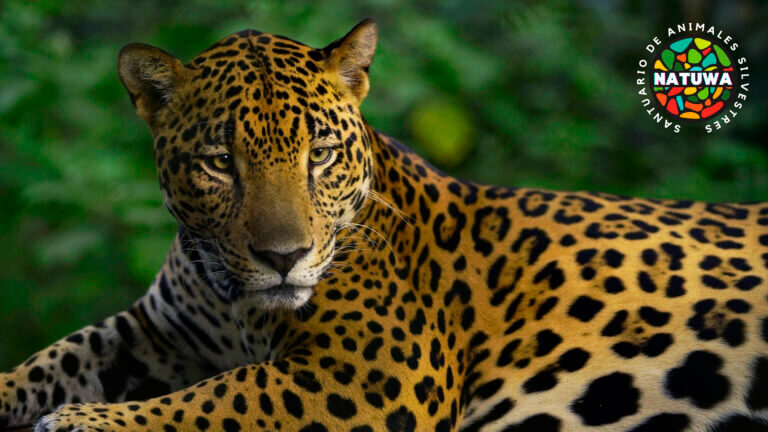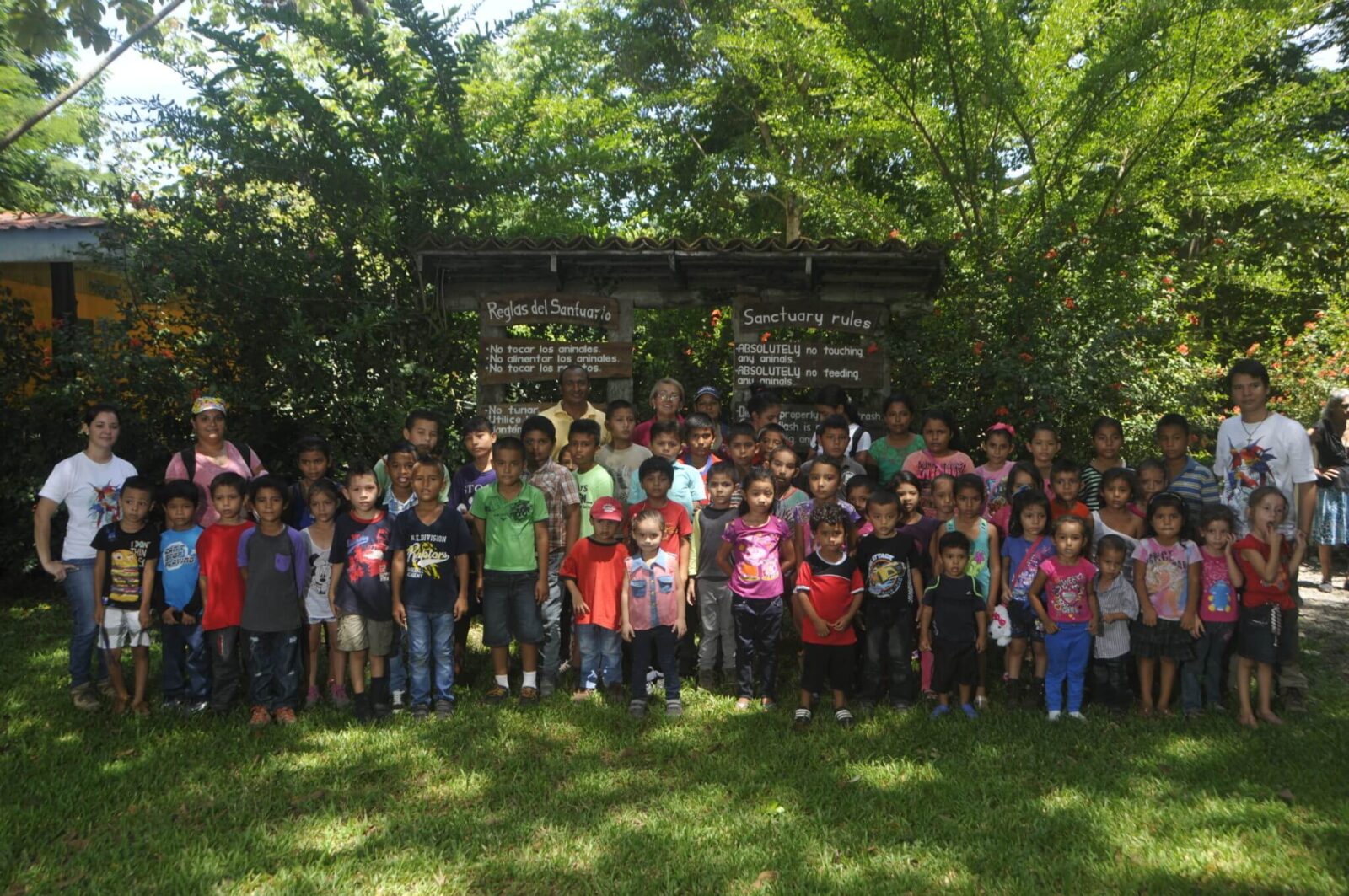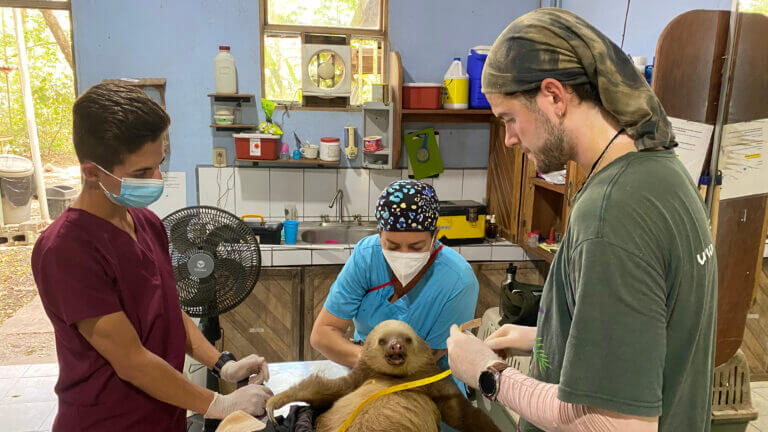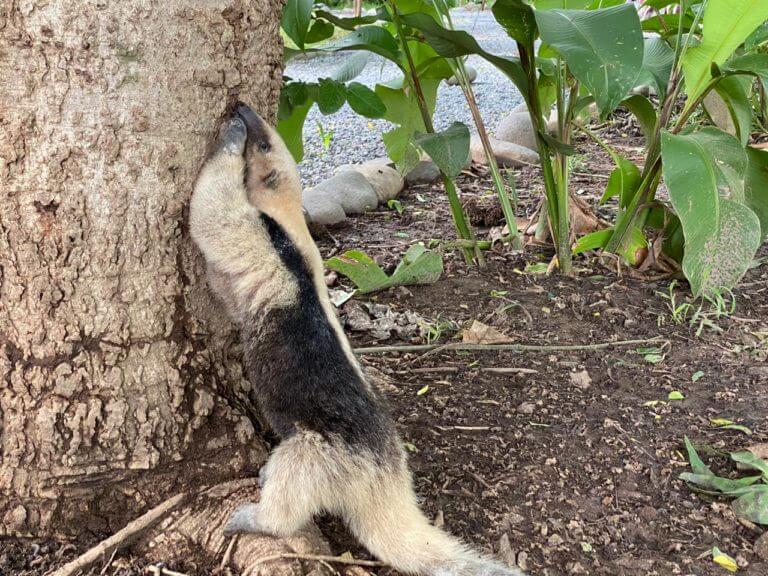Biology internships in Costa Rica
Biology internships in Costa Rica give you the opportunity to acquire knowledge about the species of organisms present in a small country that is home to almost 6% of the planet’s biodiversity.
On the planet, there are geographical areas with a significant number of organisms. Unfortunately, they are highly threatened by both anthropogenic and natural situations and are called Hotspots. Throughout the world there are 35 Hotspot areas that occupy only 2.3% of the earth’s surface, which are home to more than half of all plant species and more than 40% of fauna species.
Costa Rica is in the Mesoamerica Hotspot. A tropical country that is home to around 6% of the world’s wildlife and has the highest density of global biodiversity.

It is an ideal country for science that focuses studies on the conservation of natural resources. The Biology internships in Costa Rica is also a great opportunity to learn and teach communities how to coexist with nature and make proper use of it to ensure people’s food and water security. For this reason, many biology students decide to come to this tropical country to carry out their professional practices.
At the Natuwa Wildlife Sanctuary we conserve the country’s biodiversity through three programs: Ecological Restoration, Wildlife Management and Environmental Education. These programs are under the operation of the Scientific Department that generates information so that other existing departments have inputs to carry out their activities, such as Environmental Education for the surrounding communities carried out by the Department of Ecotourism, an important aspect of conservation.

We ecologically restore the grounds of the Sanctuary to allow local biodiversity to find a place of refuge and protection with the support of the Volunteer Program. In addition to this, we rehabilitate animals removed from their habitat for human action to return them to their natural environment. Also, we provide a Sanctuary as home to the wildlife that can not be back in the forest.

The Scientific Department cares for and studies the Sanctuary’s natural resources, as well as the animals housed there and the local flora. In addition, the department provides knowledge to optimize the management of native and exotic animals to improve their quality of life in captivity continuously. Also, evaluate the possibility of releasing those who can survive in the wild independently.

For all students who wish to carry out their internships at Natuwa, we have a specific biology program executed by the director of the Scientific Department with a degree in biology.
It is efficient learning, actively participates in different studies and research, such as:
– Study behavior patterns of different species in the Sanctuary through ethograms (design, development, and application).
– Biometric studies and management of two-toed sloths (Choloepus hoffmanni) and anteaters (Tamandua mexicana).
– Detection of endoparasites in different species such as Ara macao, Ara ararauna, Ara ambiguus, Eclectus roratus, etc.
– Identification of different species found within the Sanctuary due to ecological restoration processes.
– Learning about the management of animals that arrive in Natuwa seized or injured.
– Scientific dissemination
The minimum time for this program is one month.
Price
Biology internship program-
¿What is included?
-
Three meals a day.
-
Wifi
-
Accomodation
-
Site biologist training.